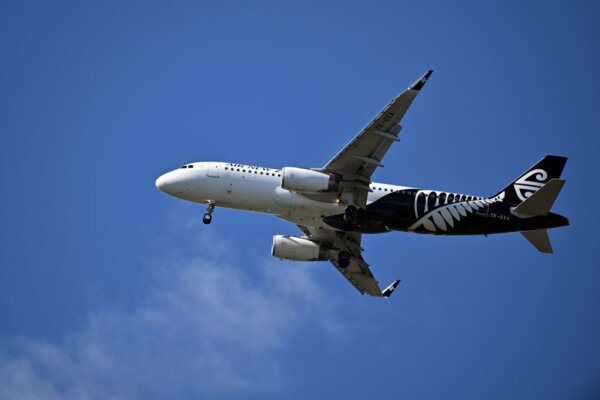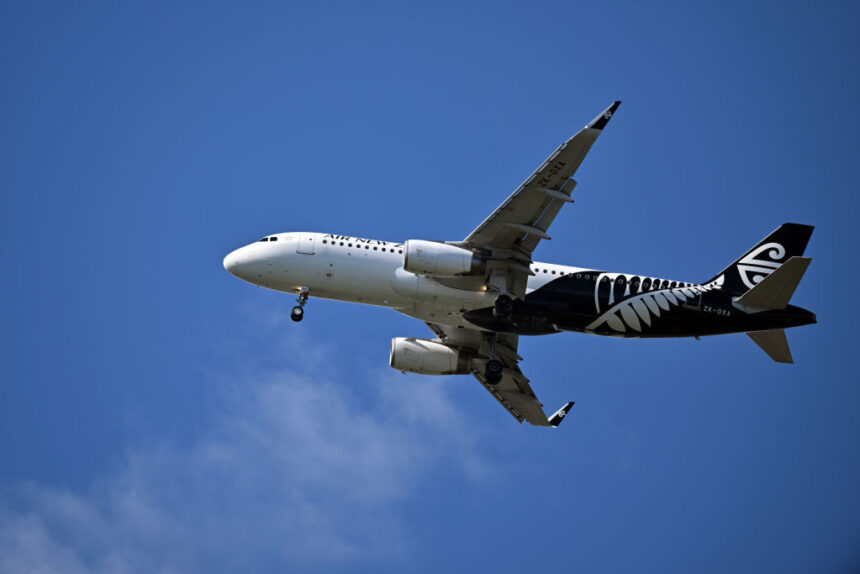
Air New Zealand Scraps 2030 Emissions Reduction Target
Due to challenges in its fleet renewal program and the availability of sustainable jet fuels, Air New Zealand has made the decision to remove its 2030 emissions reduction target. The airline will also withdraw from the U.N.-backed Science Based Targets initiative (SBTi) aimed at corporate action on climate change.
Air New Zealand’s goal to reduce its carbon intensity by 28.9 percent by 2030 has been scrapped, citing factors such as access to new planes and alternative jet fuel. CEO Greg Foran highlighted potential delays in the fleet renewal plan as a significant risk to achieving the target.
The airline will now work on developing a new carbon emissions target that reflects industry challenges. While the 2030 target has been retracted, Air New Zealand remains committed to reaching its 2050 net zero target.
On the other hand, Qantas, Australia’s national carrier, has committed to reducing carbon emissions by 25 percent of 2019 levels by 2030. The airline also aims to increase its use of Sustainable Aviation Fuel (SAF) to 10 percent by 2030 and 60 percent by 2050. Qantas has joined an airline alliance to boost global production of aviation biofuel, investing US$50 million from its climate fund towards the initiative.
Virgin Airlines, a competitor to Qantas, is aiming to cut emissions by 22 percent by 2030. The airline’s fleet renewal program, which includes new Boeing 737 aircraft, is a key driver in meeting this goal. Virgin, along with Qantas, is aligned with the federal government’s goal of achieving net zero emissions by 2050.





